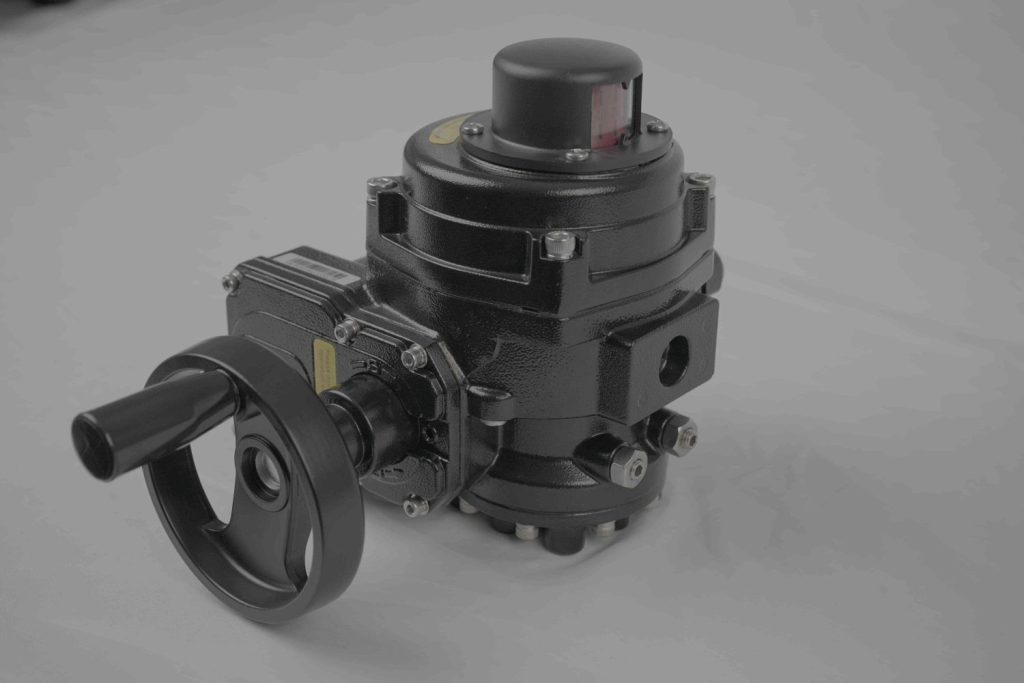In the ever-evolving field of energy storage, lithium batteries have emerged as a crucial technology powering everything from electric vehicles to portable electronics. Central to the safety and efficiency of these batteries is the role played by lithium battery valve manufacturers. These specialized manufacturers produce valves that regulate and control pressure within lithium batteries, ensuring their optimal performance and safety. This article explores the importance of these valves, the innovations driving their development, and the role of manufacturers in the global battery industry.

The Importance of Lithium Battery Valves Lithium batteries are renowned for their high energy density and long life cycles, making them ideal for modern applications. However, they are also sensitive to changes in temperature and pressure, which can pose significant safety risks. The primary function of a lithium battery valve is to manage internal pressure and ensure that the battery operates within safe limits. In a lithium battery, the electrolyte can decompose and generate gas if the battery experiences a malfunction or external stress. Without a mechanism to release this gas, the battery could overheat, swell, or even explode. Lithium battery valves are designed to open when internal pressure exceeds a certain threshold, allowing gas to escape safely and preventing catastrophic failures.